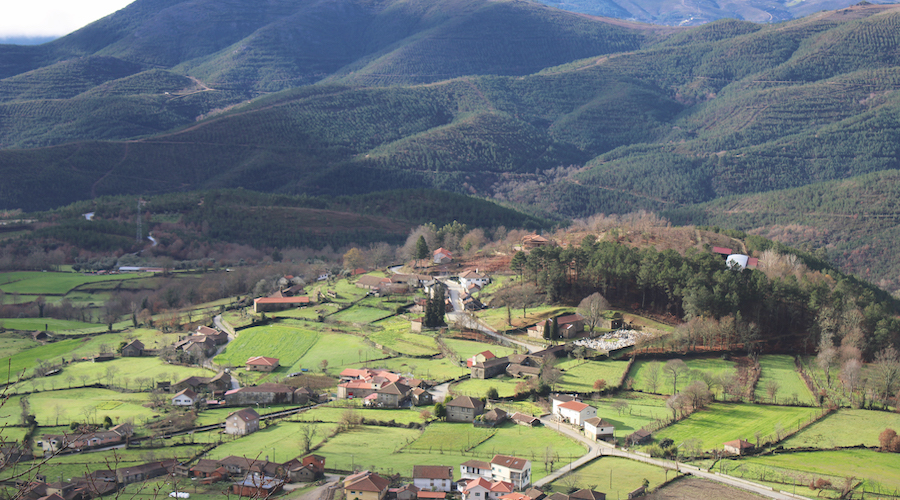Savannah Resources gets temporary land access for Portuguese lithium project

London-listed Savannah Resources has secured temporary land access to a large chunk of its future lithium mining site in northern Portugal, allowing it to conduct fieldwork and begin the second phase of drilling, the company said on Thursday.
But Savannah, which is keen to supply Europe’s electric vehicle (EV) sector with its lithium mine in the Barroso region, is expected to continue to face opposition from locals and environmentalists in the form of protests, legal challenges and refusals to sell land.
The company has said Barroso’s deposit of spodumene, a lithium-bearing mineral, is the most significant in Europe and has estimated reserves of 28 million metric tons of high-grade lithium needed for electric car batteries.
It requires around 840 hectares for its four-mine project in Barroso, but according to data from September 2023, it had acquired or was in the process of acquiring just 93 hectares.
Savannah said in May this year it had acquired over 100 plots. It was unclear how many hectares that represents.
Private owners hold around 24% of the land needed, while 75% is made up of the traditional “baldios”, or common land.
Savannah has said it would, if necessary, ask Portugal’s government to authorize compulsory land acquisitions in the public interest.
In a statement on Thursday, Savannah said it had been granted by the government access to the project’s C-100 mining lease, which covers over 520 hectares of land, for a year.
“All relevant stakeholders and landowners have been informed, more than half of the total compensation fees have been paid already, and the required notice has been published in the government’s official gazette,” the company said.
Savannah said it would continue commercial negotiations on land purchases and leases.
Locals’ association United in Defence of Covas do Barroso said the decision was unacceptable as common land belonged to the population and some of the plots were used for agriculture, putting farmers at risk.
“The Directorate-General for Energy and Geology, once again, positions itself as an institution serving private interests, despite the concerns of the local population,” the group said.
(By Catarina Demony; Editing by Barbara Lewis)
{{ commodity.name }}
{{ post.title }}
{{ post.date }}




Comments